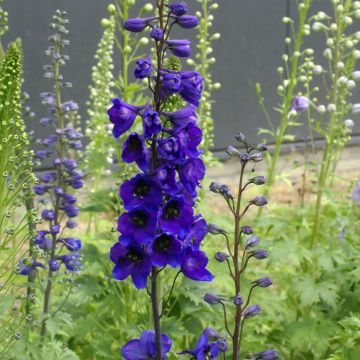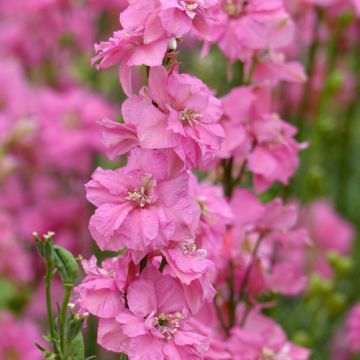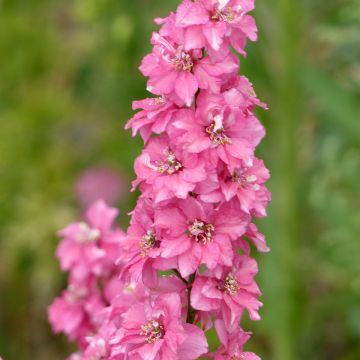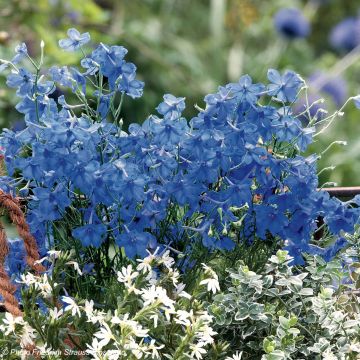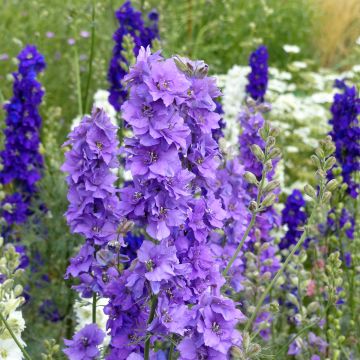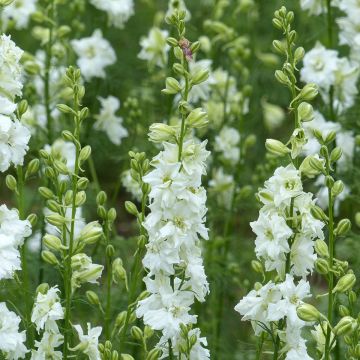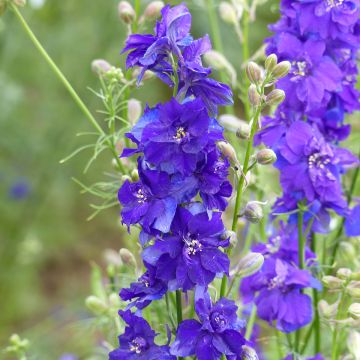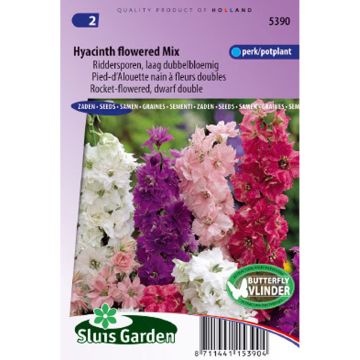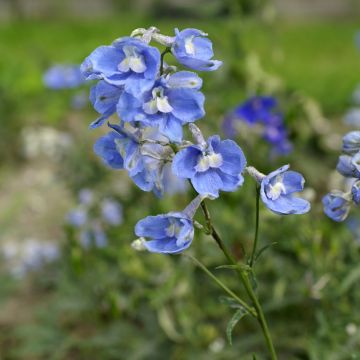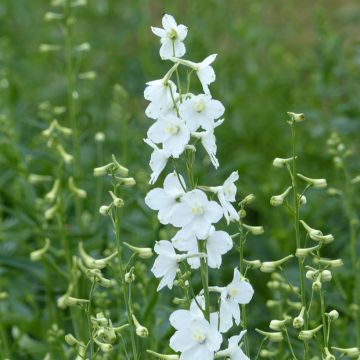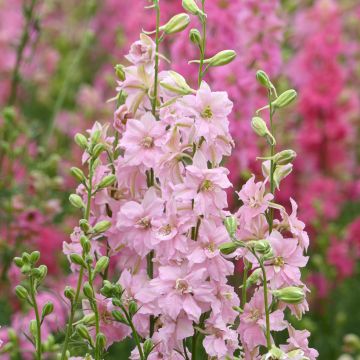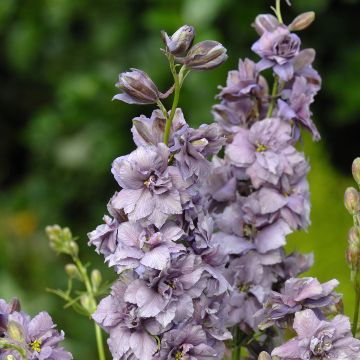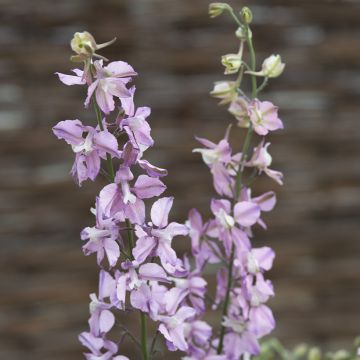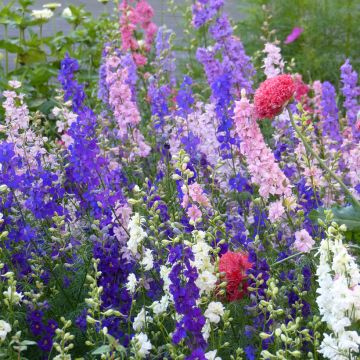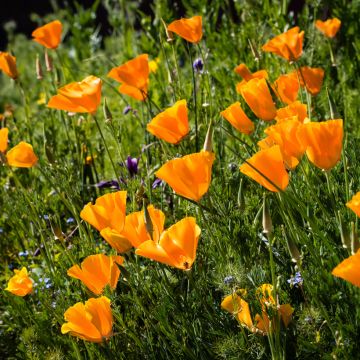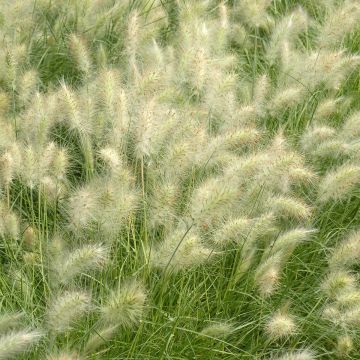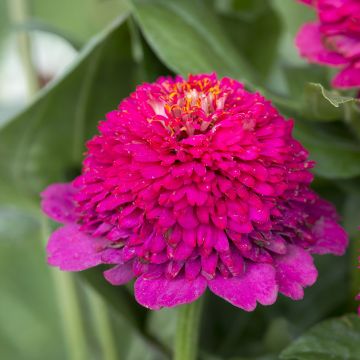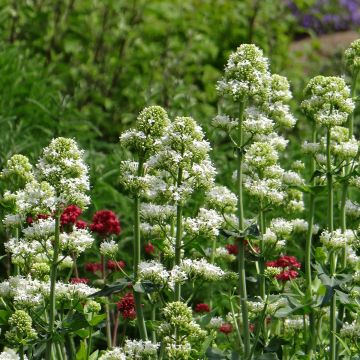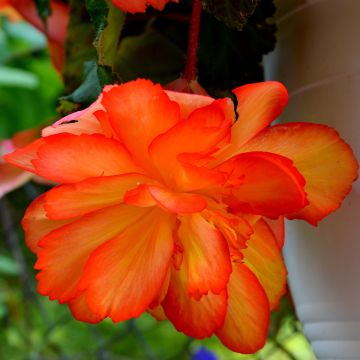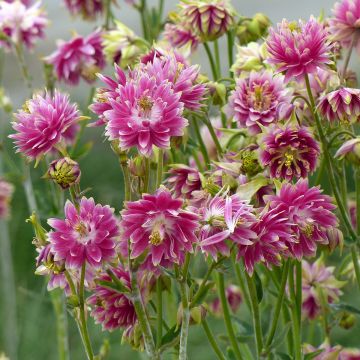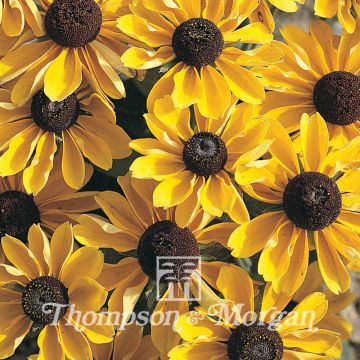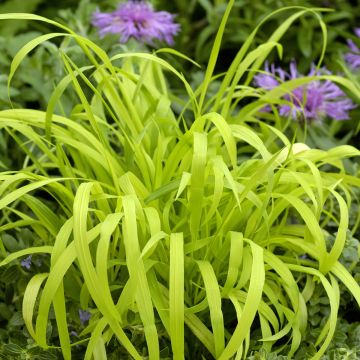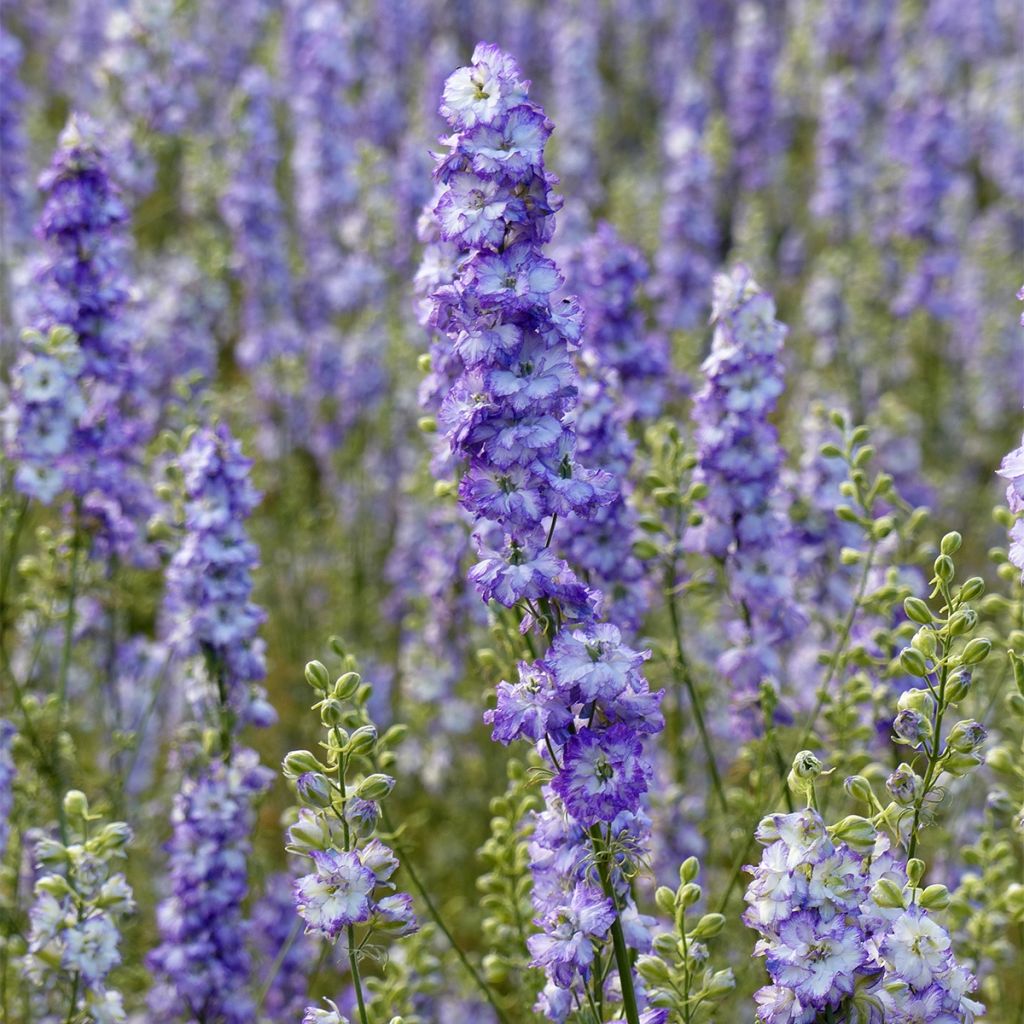

Graines de Delphinium DelQIS White Blue Edge - Pied d'alouette
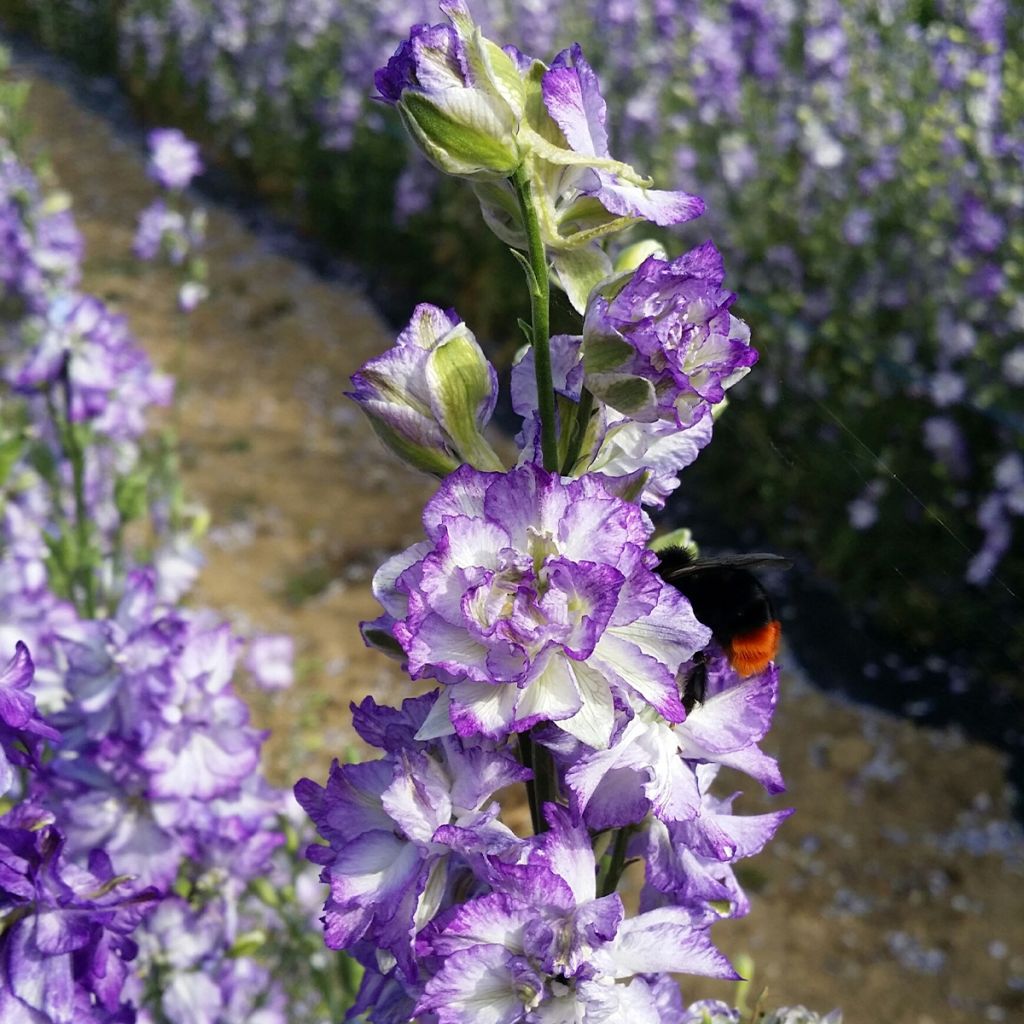

Graines de Delphinium DelQIS dark Blue Edge - Pied d'alouette
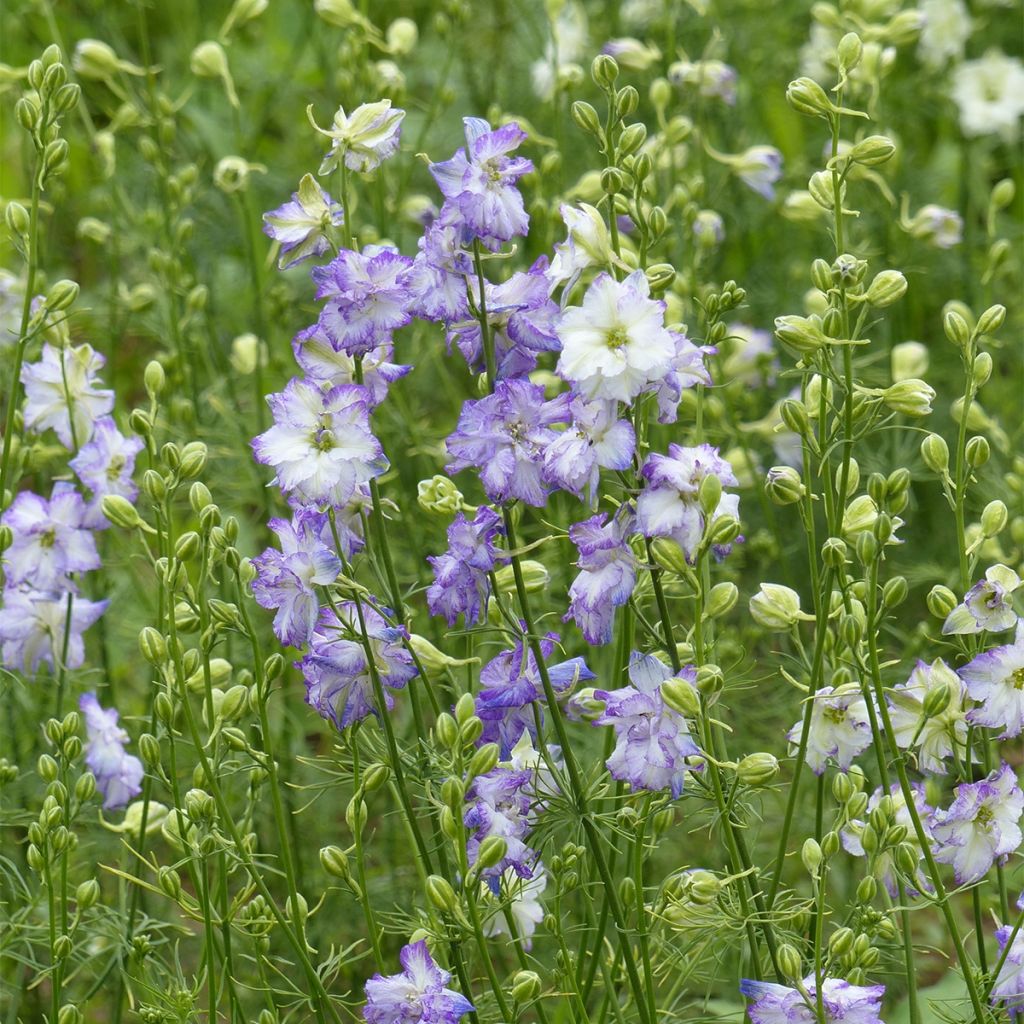

Graines de Delphinium DelQIS White Blue Edge - Pied d'alouette
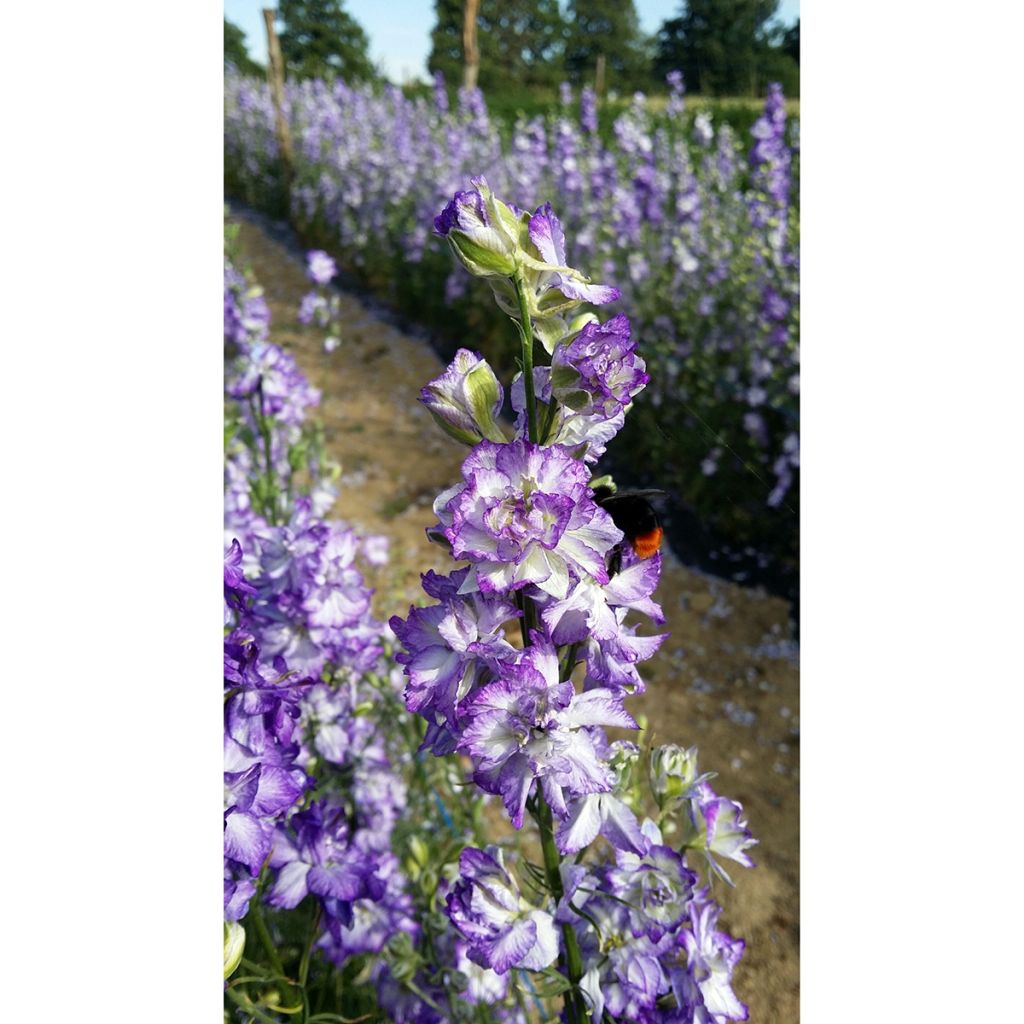

Graines de Delphinium DelQIS White Blue Edge - Pied d'alouette
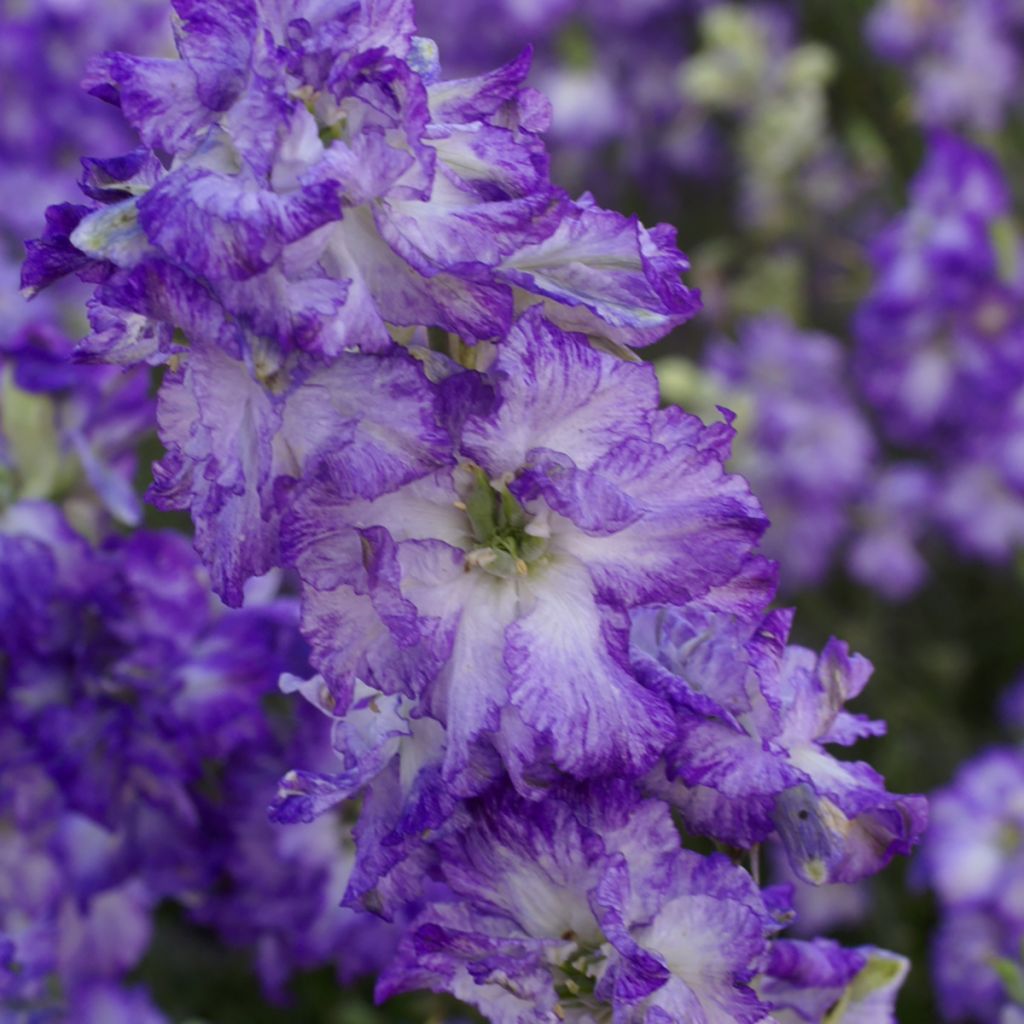

Graines de Delphinium DelQIS White Blue Edge - Pied d'alouette
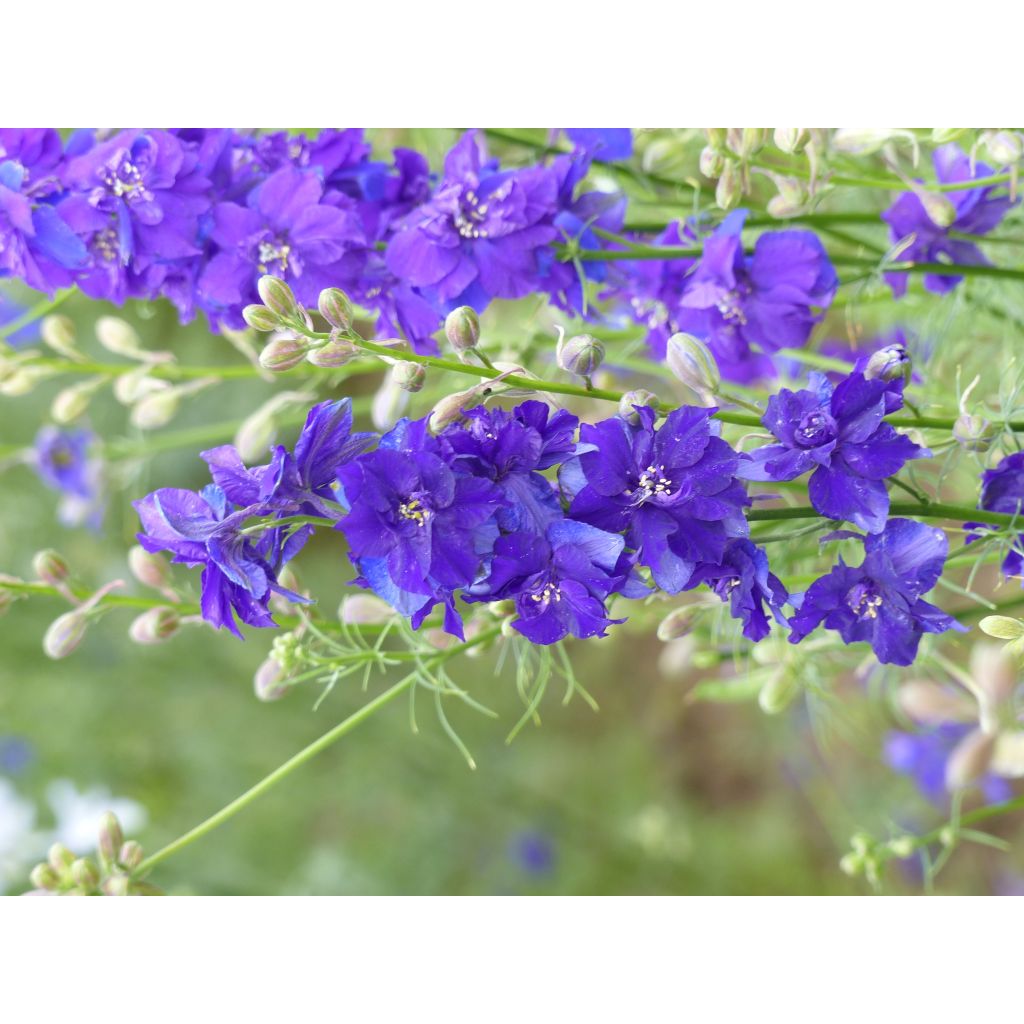

Delphinium consolida DelQIS Dark Blue Edge - Forking Larkspur
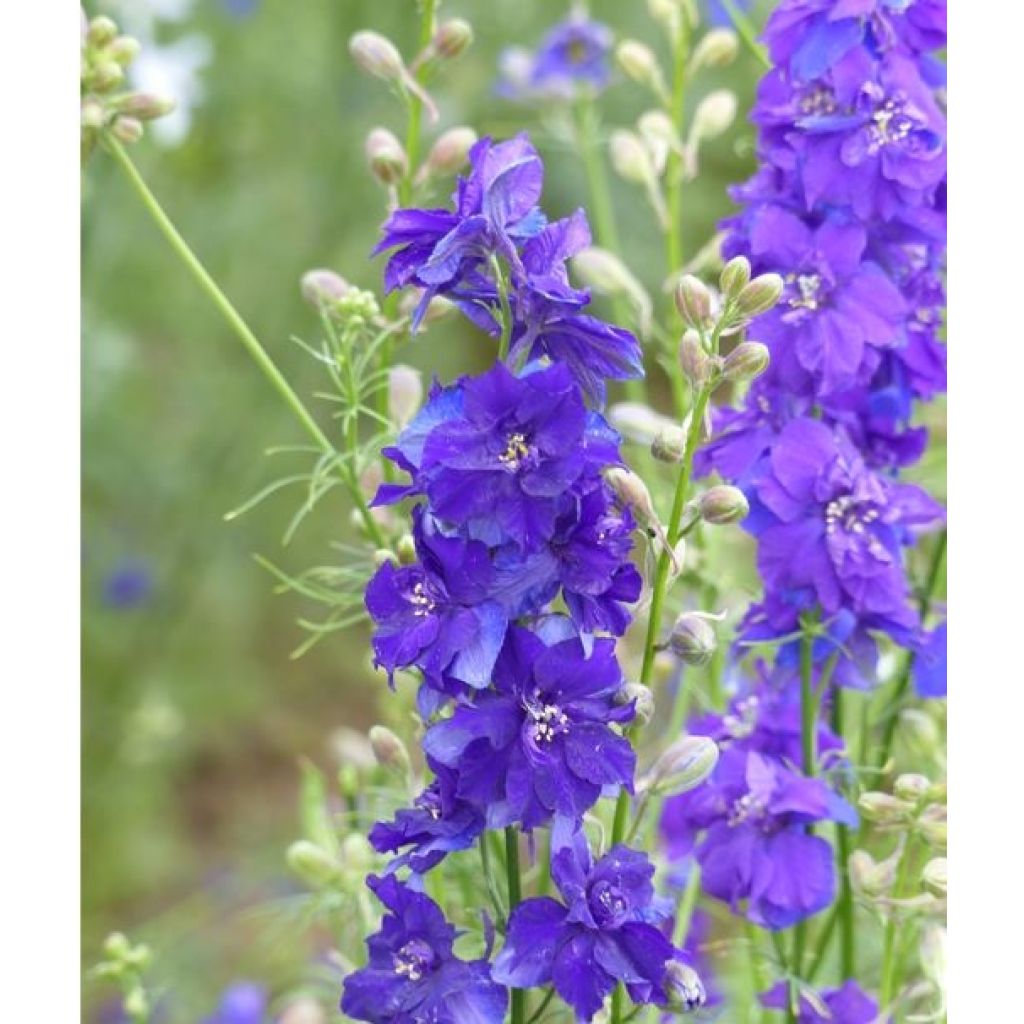

Delphinium consolida DelQIS Dark Blue Edge - Forking Larkspur
Delphinium consolida DelQIS Dark Blue Edge - Forking Larkspur
Delphinium consolida DelQIS White Blue Edge
Forking Larkspur, Field Larkspur, Knight's-spur, Rocket Larkspur
Special offer!
Receive a €20 voucher for any order over €90 (excluding delivery costs, credit notes, and plastic-free options)!
1- Add your favorite plants to your cart.
2- Once you have reached €90, confirm your order (you can even choose the delivery date!).
3- As soon as your order is shipped, you will receive an email containing your voucher code, valid for 3 months (90 days).
Your voucher is unique and can only be used once, for any order with a minimum value of €20, excluding delivery costs.
Can be combined with other current offers, non-divisible and non-refundable.
Why not try an alternative variety in stock?
View all →This plant carries a 6 months recovery warranty
More information
We guarantee the quality of our plants for a full growing cycle, and will replace at our expense any plant that fails to recover under normal climatic and planting conditions.
Would this plant suit my garden?
Set up your Plantfit profile →
Description
Delphinium consolida DelQis 'Dark Blue Edge' is part of a series of annual larkspur plants selected for their magnificent, harmonious, and sturdy flower spikes, where large double flowers are tightly packed. 'Dark Blue Edge' quickly forms a dense plant that offers frilly, edged, and streaked blue-purple flowers in the year of sowing. Majestic at the back of borders, this delphinium provides excellent blooms for bouquets. The annual Larkspur is easy to grow, even in limestone soil, and can be sown directly in the ground, in borders or beds, in rich and moist soil.
Delphinium DelQis 'Dark Blue Edge' is one of the many hybrids obtained by cross-breeding the Consolida Larkspur, in Latin Delphinium consolida, an annual plant with a preference for winter germination that grows in cereal crops on clay-limestone soil. The DelQis 'Dark Blue Edge' selection is a hardy annual plant in its juvenile state, with rapid growth. It forms a wide clump of 35 to 40cm (14 to 16in), with finely divided palmate foliage, tender green, from which robust and branched flower spikes of 90cm (35in) to 1m (3ft) in height emerge in spring or summer depending on the climate, very uniform. Flowering occurs from June to September and is highly visited by pollinating insects. The double flowers, with spurs, are cup-shaped and gathered on tall, densely packed spikes. The flowering is followed by the formation of numerous seeds that will easily germinate in the garden. The plant develops from a woody rhizome that extends vertically into the soil.
The characteristic silhouette of Delphiniums always adds volume, verticality, and charm to perennial plant borders. The DelQis 'Dark Blue Edge' selection allows for the quick creation of a theatrical yet elegant display by sowing directly in the ground. Delphiniums are good companions for roses, with which they create charming and romantic compositions. You can also create another beautiful combination in a white garden with paniculate baby's breath, Crambe cordifolia, or Gillenia trifoliata. This variety is particularly suitable for making bouquets, as its flowers are long-lasting in a vase and can even be dried. To do this, cut open flowers into small bouquets, hang them upside down, store them away from the sun in a dry and well-ventilated place. Create a stunning bouquet with delphiniums and gladioli.
Report an error about the product description
Flowering
Foliage
Plant habit
Safety measures
Botanical data
Delphinium
consolida
DelQIS White Blue Edge
Ranunculaceae
Forking Larkspur, Field Larkspur, Knight's-spur, Rocket Larkspur
Cultivar or hybrid
ingestion
Cette plante est toxique si elle est ingérée volontairement ou involontairement.
Ne la plantez pas là où de jeunes enfants peuvent évoluer, et lavez-vous les mains après l'avoir manipulée.
Pensez à conserver l'étiquette de la plante, à la photographier ou à noter son nom, afin de faciliter le travail des professionnels de santé.
Davantage d'informations sur https://plantes-risque.info
Other Delphinium seeds
View all →Planting and care
Sow the seeds of Delphinium DelQis 'Dark Blue Edge' directly outdoors from April to May, in full sun, on a fertile, light, well-drained soil, previously well-prepared. In mild climates, sowing can be done in late summer or early autumn (the young plants are relatively hardy), which allows for earlier flowering in the season.
Bury the fine seeds to a depth of 6mm in small holes spaced 30cm (12in) apart. Keep the soil moist by watering regularly, especially during dry periods. Germination usually takes 14 to 21 days. When the seedlings are large enough to handle, thin them out by planting only one plant every 15cm (6in).
To achieve earlier flowering, sow Delphinium seeds from August to October in 7.5cm (3in) pots filled with quality compost kept moist. Place the pots in a mini-greenhouse or inside a plastic bag at a temperature of 15-20°C (59-68°F) until germination. Once the seedlings have developed, move them to a bright, but cooler location. Overwinter the plants in a cool, bright place, protected from frost, by watering them sparingly. Transplant them to their final location in the following spring.
Water regularly until the plants are fully established. Insert sturdy stakes among the plants when they reach 10cm (4in) in height, which will allow them to grow while being supported. You can also stake the plants with bamboo canes. Regularly remove faded flowers to encourage renewed flowering. Delphiniums thrive in sunny locations, protected from the wind, as well as in fertile soil, rich in organic matter and well-drained.
Sowing period
Intended location
This item has not been reviewed yet - be the first to leave a review about it.
Similar products
Haven't found what you were looking for?
Hardiness is the lowest winter temperature a plant can endure without suffering serious damage or even dying. However, hardiness is affected by location (a sheltered area, such as a patio), protection (winter cover) and soil type (hardiness is improved by well-drained soil).

Photo Sharing Terms & Conditions
In order to encourage gardeners to interact and share their experiences, Promesse de fleurs offers various media enabling content to be uploaded onto its Site - in particular via the ‘Photo sharing’ module.
The User agrees to refrain from:
- Posting any content that is illegal, prejudicial, insulting, racist, inciteful to hatred, revisionist, contrary to public decency, that infringes on privacy or on the privacy rights of third parties, in particular the publicity rights of persons and goods, intellectual property rights, or the right to privacy.
- Submitting content on behalf of a third party;
- Impersonate the identity of a third party and/or publish any personal information about a third party;
In general, the User undertakes to refrain from any unethical behaviour.
All Content (in particular text, comments, files, images, photos, videos, creative works, etc.), which may be subject to property or intellectual property rights, image or other private rights, shall remain the property of the User, subject to the limited rights granted by the terms of the licence granted by Promesse de fleurs as stated below. Users are at liberty to publish or not to publish such Content on the Site, notably via the ‘Photo Sharing’ facility, and accept that this Content shall be made public and freely accessible, notably on the Internet.
Users further acknowledge, undertake to have ,and guarantee that they hold all necessary rights and permissions to publish such material on the Site, in particular with regard to the legislation in force pertaining to any privacy, property, intellectual property, image, or contractual rights, or rights of any other nature. By publishing such Content on the Site, Users acknowledge accepting full liability as publishers of the Content within the meaning of the law, and grant Promesse de fleurs, free of charge, an inclusive, worldwide licence for the said Content for the entire duration of its publication, including all reproduction, representation, up/downloading, displaying, performing, transmission, and storage rights.
Users also grant permission for their name to be linked to the Content and accept that this link may not always be made available.
By engaging in posting material, Users consent to their Content becoming automatically accessible on the Internet, in particular on other sites and/or blogs and/or web pages of the Promesse de fleurs site, including in particular social pages and the Promesse de fleurs catalogue.
Users may secure the removal of entrusted content free of charge by issuing a simple request via our contact form.
The flowering period indicated on our website applies to countries and regions located in USDA zone 8 (France, the United Kingdom, Ireland, the Netherlands, etc.)
It will vary according to where you live:
- In zones 9 to 10 (Italy, Spain, Greece, etc.), flowering will occur about 2 to 4 weeks earlier.
- In zones 6 to 7 (Germany, Poland, Slovenia, and lower mountainous regions), flowering will be delayed by 2 to 3 weeks.
- In zone 5 (Central Europe, Scandinavia), blooming will be delayed by 3 to 5 weeks.
In temperate climates, pruning of spring-flowering shrubs (forsythia, spireas, etc.) should be done just after flowering.
Pruning of summer-flowering shrubs (Indian Lilac, Perovskia, etc.) can be done in winter or spring.
In cold regions as well as with frost-sensitive plants, avoid pruning too early when severe frosts may still occur.
The planting period indicated on our website applies to countries and regions located in USDA zone 8 (France, United Kingdom, Ireland, Netherlands).
It will vary according to where you live:
- In Mediterranean zones (Marseille, Madrid, Milan, etc.), autumn and winter are the best planting periods.
- In continental zones (Strasbourg, Munich, Vienna, etc.), delay planting by 2 to 3 weeks in spring and bring it forward by 2 to 4 weeks in autumn.
- In mountainous regions (the Alps, Pyrenees, Carpathians, etc.), it is best to plant in late spring (May-June) or late summer (August-September).
The harvesting period indicated on our website applies to countries and regions in USDA zone 8 (France, England, Ireland, the Netherlands).
In colder areas (Scandinavia, Poland, Austria...) fruit and vegetable harvests are likely to be delayed by 3-4 weeks.
In warmer areas (Italy, Spain, Greece, etc.), harvesting will probably take place earlier, depending on weather conditions.
The sowing periods indicated on our website apply to countries and regions within USDA Zone 8 (France, UK, Ireland, Netherlands).
In colder areas (Scandinavia, Poland, Austria...), delay any outdoor sowing by 3-4 weeks, or sow under glass.
In warmer climes (Italy, Spain, Greece, etc.), bring outdoor sowing forward by a few weeks.






























